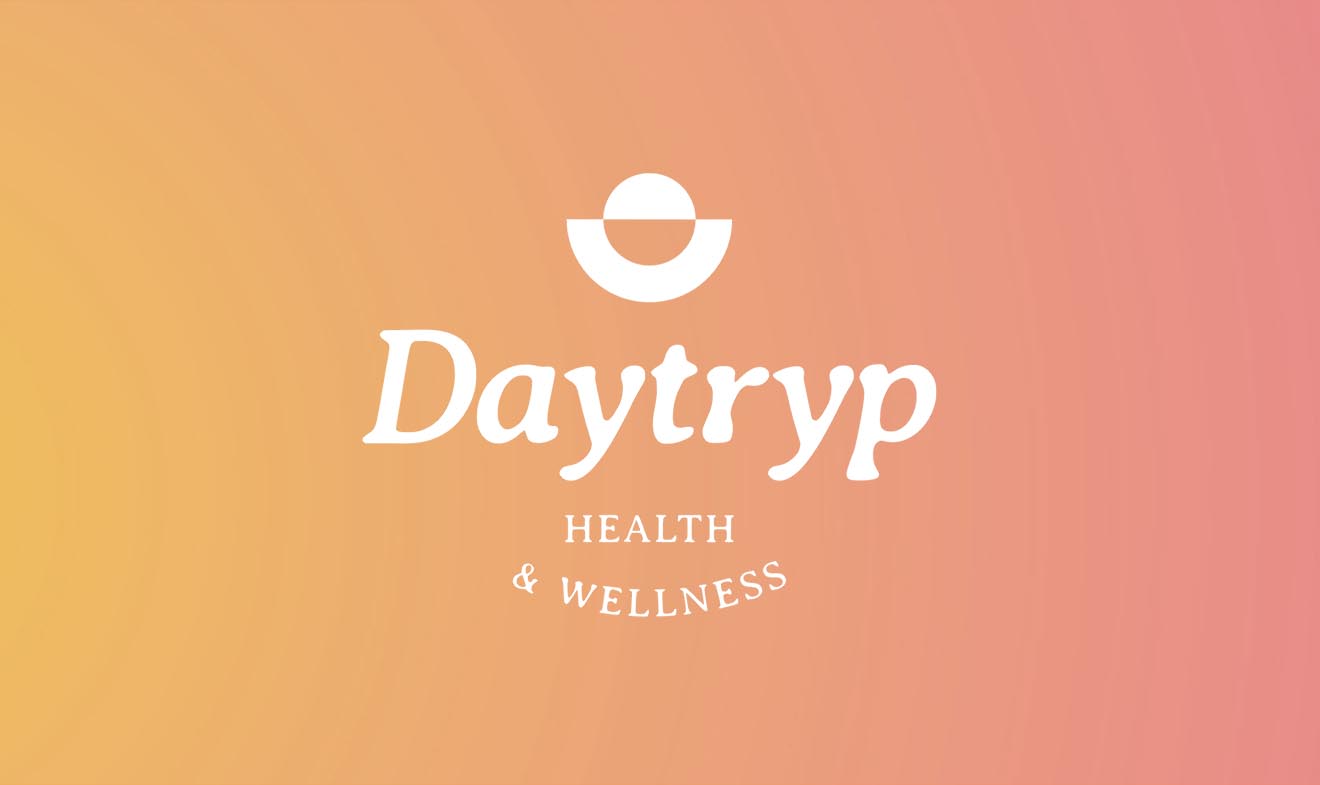Recovering from Alcoholism and Celebrating Among Friends and Family Can Feel Overwhelming
Managing alcoholism during the holiday season can be challenging, as this time of year often involves social gatherings and events where alcohol is commonly served. However, it’s essential to prioritize your health and well-being. Here are some strategies to help you manage alcoholism during the holiday season:
-
Plan Ahead:
- Decide in advance how you will handle situations where alcohol is present.
- Consider attending events with a sober friend or family member who can provide support.
-
Have a Support System:
- Communicate with close friends and family about your decision to stay sober during the holidays.
- Identify individuals who understand your situation and can offer encouragement.
- Try to attend events with an accountability ally who can help stave-off any peer pressure.
-
Attend Sober Events:
- Seek out alcohol-free gatherings or events in your community.
- Many places offer non-alcoholic alternatives, and attending these events can help you avoid triggers.
-
BYO Non-Alcoholic Drinks:
- If you’re attending a party, bring your own non-alcoholic beverages.
- This ensures you have a drink you enjoy, and it helps deflect any pressure to consume alcohol.
-
Practice Saying No:
- Be prepared to decline offers of alcoholic beverages confidently and without feeling obligated to explain.
- Practice saying no in front of a mirror or with a supportive friend to build your confidence.
-
Create Distractions:
- Engage in activities that keep your mind occupied and away from thoughts of alcohol.
- Play games, join conversations, or participate in activities that don’t involve drinking.
-
Know Your Triggers:
- Identify situations or people that may trigger your desire to drink.
- Develop strategies to cope with these triggers, such as stepping outside for fresh air or taking a break.
-
Have an Exit Plan:
- If you feel uncomfortable or tempted at an event, have a plan for leaving early.
- Knowing you can exit if needed can reduce anxiety about attending social gatherings.
-
Focus on Self-Care:
- Take care of your physical and emotional well-being during the holidays.
- Ensure you get enough sleep, eat well, and engage in activities that bring you joy and relaxation.
-
Attend Support Meetings:
- If you’re part of a support group, continue attending meetings during the holiday season.
- Consider attending additional meetings if you find the season particularly challenging.
-
Reflect on Your Progress:
- Take time to reflect on your achievements in maintaining sobriety.
- Celebrate your successes and acknowledge the positive changes you’ve made.
- Instead of falling back into bad habits, channel your energy into developing a healthcare routine for the upcoming New Year.
Consider Exploring New Treatment Options for Managing Addictions including Alcoholism
Ketamine treatment for alcoholism is a promising avenue in the realm of addiction therapy. This innovative approach involves the administration of controlled doses of ketamine, a dissociative anesthetic, in a clinical setting. Research suggests that ketamine may have a profound impact on reducing alcohol cravings and promoting abstinence by targeting specific neural pathways related to addiction. The treatment’s efficacy lies in its ability to reshape maladaptive thought patterns and enhance neuroplasticity. Unlike traditional treatments, ketamine therapy provides a unique and potentially transformative experience for individuals struggling with alcoholism. While it’s essential to acknowledge that research in this area is ongoing, early findings suggest that ketamine treatment holds potential as a valuable tool in the comprehensive approach to addressing alcohol use disorder. As the medical community continues to explore and refine these interventions, ketamine therapy offers a glimpse into a novel and hopeful dimension in the quest for effective alcohol addiction treatments.










 Daytryp Health has taken
Daytryp Health has taken  The
The 